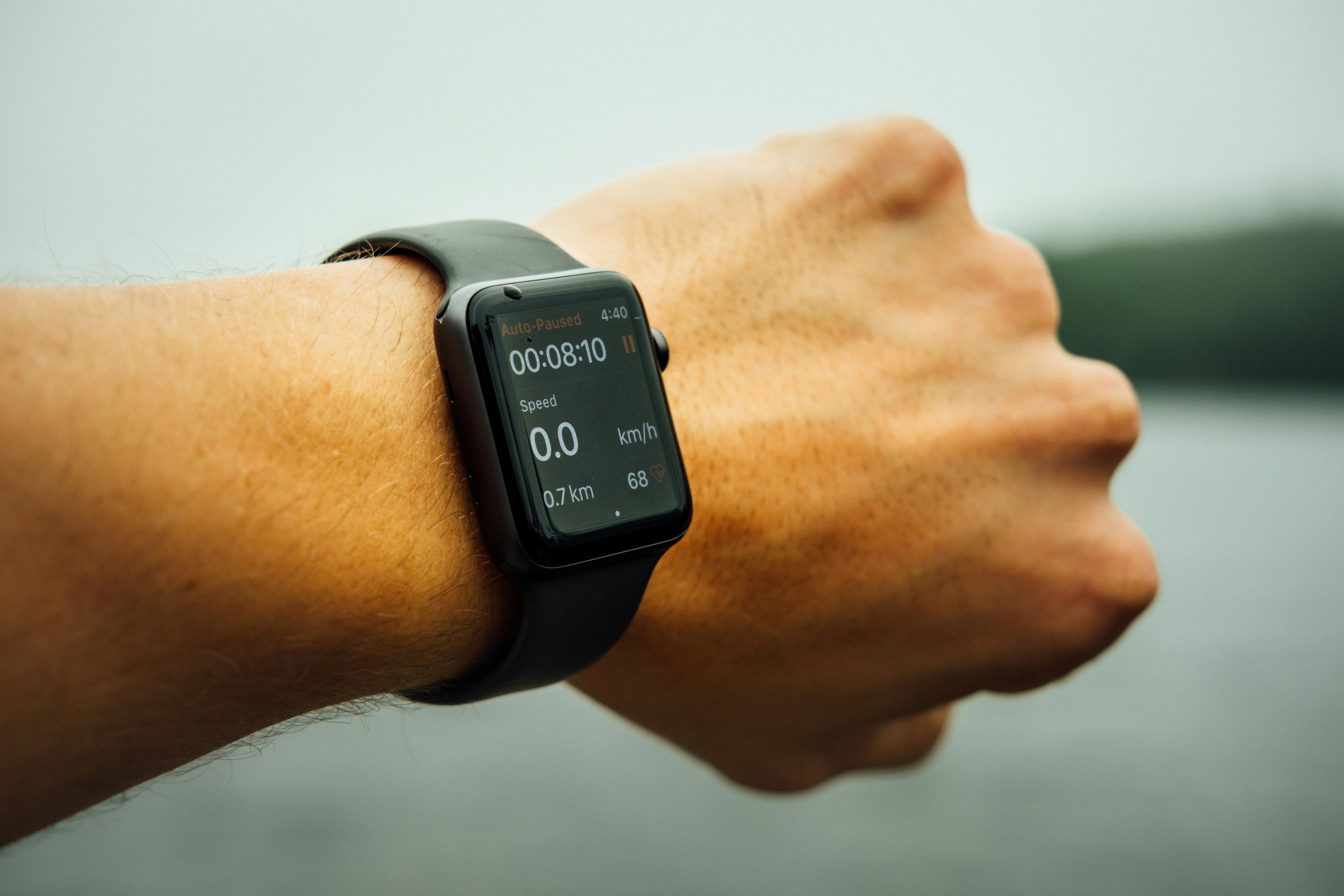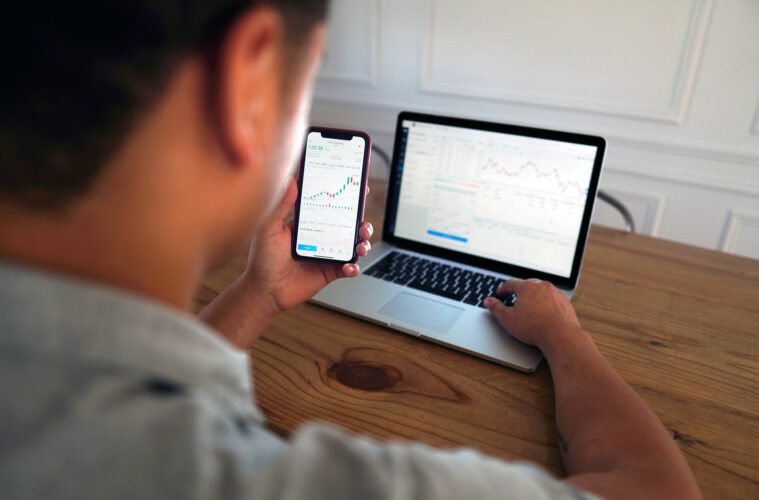Step-trackers, calorie counters, and smartphone apps are helping consumers take responsibility for their health. Smartphone apps and fitness wearables allow users to track and manage their health conditions as well as manage their medications. Most adults use health apps for exercise and heart-rate monitoring, as well as for tracking weight, tracking diet, and tracking sleep. Most wearable devices on the market aren’t medical-grade, however, in the future, the medication tracking ability will help doctors better manage medical conditions and improve patient care.
The Rise of Telehealth Services
COVID-19 has pushed health care systems to improve telehealth services through smartphones and other tools. Technology is useful in the triage of patients and diagnosing illness while limiting social contact. Medical professionals are able to communicate with patients over digital platforms to provide quality care safely and efficiently.
The rise in telehealth services is largely due to innovations in new technologies that have been adopted by the healthcare industry. Large amounts of patient data can now be gathered and shared among medical professionals. It’s important that users have reliable access to real-time applications related to patient care.
Kafka Apache is an open-source publish-subscribe messaging platform capable of real-time streaming data for distributed streaming, pipelining, and replay of data. Kafka is a broker based solution that maintains data streams as records in server clusters. A Kafka broker spans multiple data centers and stores record streams across server instances in topics.
The message broker reliably communicates data between disparate data sources, partitions messaging workloads, provides real-time stream processing, and offers native support for data and messaging replay. The Apache software foundation is designed to provide a publish-subscribe message model for data distribution and consumption, long-term data storage and replication, and access to real-time stream processing.

Preventative Health
The future of wearables may include medical-grade devices approved by the Food and Drug Administration or online tools as part of medical treatment for a current condition or as a preventative measure. Bluetooth-connected devices such as cellular blood pressure cuffs, pill organizers, and glucometers could give doctors a real-time look at patient health beyond the clinic.
Many adults take nutritional supplements as part of a balanced diet and a healthy lifestyle. The most popular formats of dietary supplements include capsules, softgels, gummies, and liquids. When choosing a private label supplement, you want a formulation of the highest quality from a supplement manufacturer that adheres to Good Manufacturing Practices (GMP).
Makers Nutrition is one of the premier supplement manufacturers whose FDA-registered facility is designated for GMP-mandated raw material testing, label analysis, and final product quality assurance. They use the highest quality raw materials in every custom formulation of capsules, softgels, powders, and gummies. The dietary supplement manufacturer also offers label design and packing and product testing to ensure purity and quality.

Focus on Technology
The overnight shift to remote operations in the healthcare industry gives healthcare providers a chance to pick up the pace when it comes to learning and adopting technologies. As new technologies are adopted it’s important to pay attention to potential problem areas with your current technology. The more user activity your systems handle, the more demands on your network. As healthcare providers continue to adopt new technologies it’s important to learn about data security, scalability, and the usability of your new digital offerings.
There’s an app for almost everything these days. The most popular types of health tracking apps are fitness, diet, health condition monitoring, women’s health, and mental health tracking apps. The most popular features of health apps include app-onboarding, personal information, user activity tracking, social media integration, device connectivity, and geolocation.
Technology in healthcare is here to stay. The sudden rise in telehealth services and the popularity of fitness wearables and apps are giving medical service providers insights into the future of patient care.

